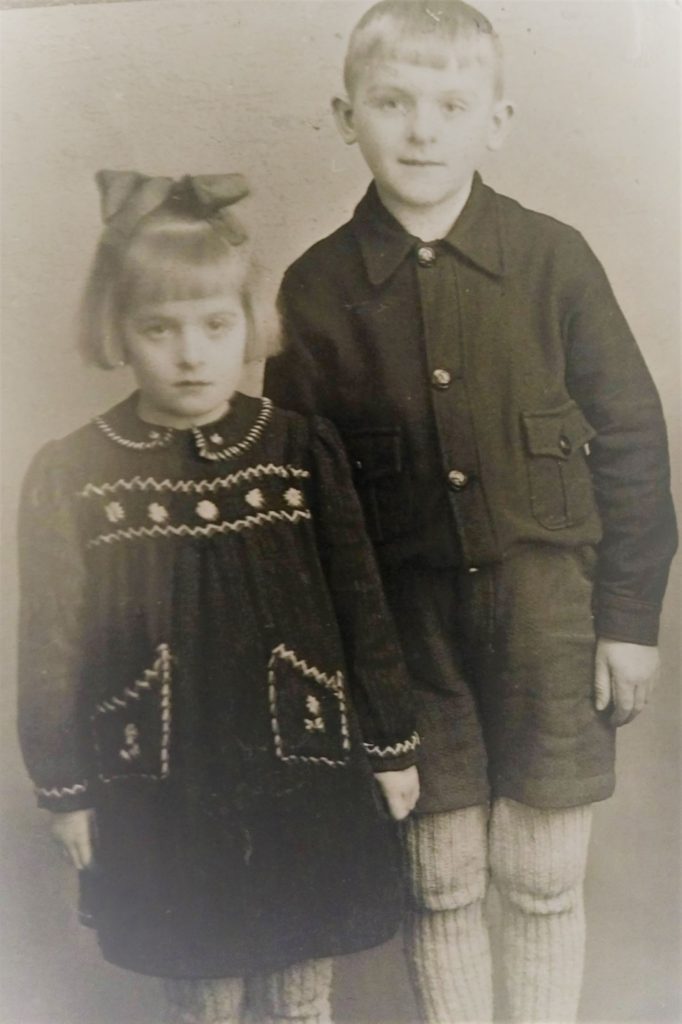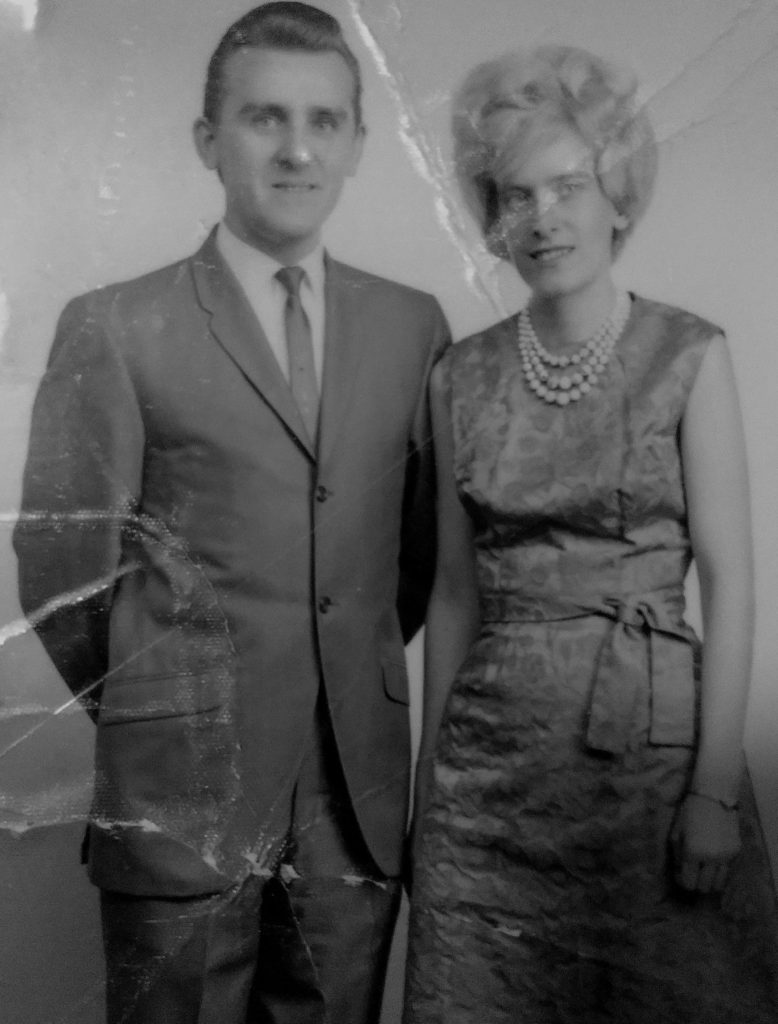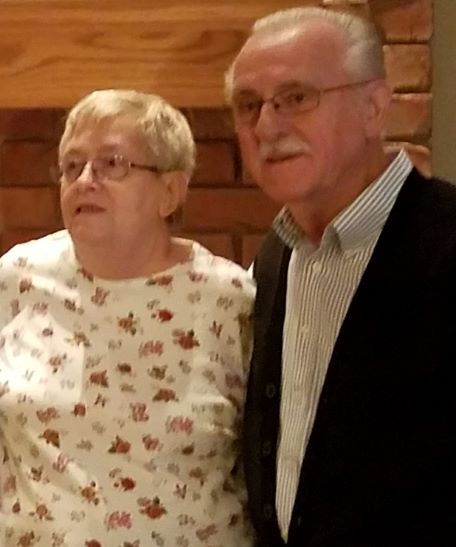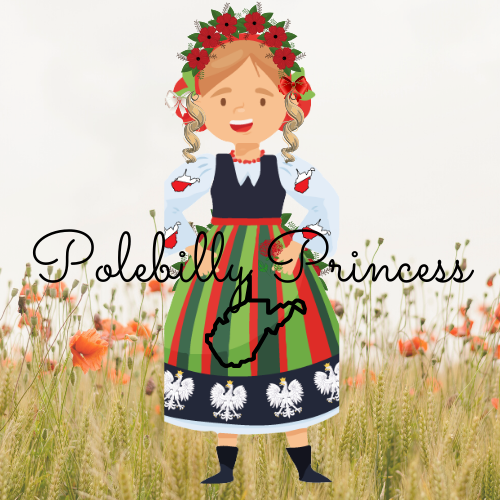Her Story
Babcia is a fighter. She’s one tough broad. Anyone who thinks otherwise doesn’t know her. From her beginnings in Poland up until now, she has suffered major loss. She has been through tumultuous change. She has climbed over obstacles in her way never certain if she’d ever see the other side. She has endured setback after setback and kept trudging forward. Yet through it all, no one in her circle has ever doubted her love for us. She makes sure that we know. She tells us daily.
Her story begins in Poland, where she was born in May of 1942, right in the middle of World War II. By March 1942 Polish Jews were being sent to Auschwitz, and by July 1942 Poles in the Warsaw ghetto were being rounded up. Babcia was born during this time and although her family was not Jewish, they were not immune. As Polish-Catholics they too suffered torture and degradation at the hands of Nazi soldiers. Between the German Nazis and the Soviets, Poland was terrorized as a whole. Babcia’s family was threatened with death if they did not convert – both the adults and the children faced the ends of guns on more than one occasion. She was just a baby and has no memory of this. Many families were split up during this time, but they were lucky enough to remain together, at least for a while.
When Babcia was around two years old, her family had the opportunity to flee Poland. The church was aiding many families in leaving Poland and sending them to Australia and to the United States by using sponsors. They did not know where they’d end up; they would wait for news of a sponsor in either country to pay their passage and that’s where they’d go to work off this debt in return. As her family was boarding a train bound for who knows where, family members who stayed behind were begging them to leave the young children behind for fear they’d be killed. My mother, along with one brother, was passed to two of her aunts; they would stay in Poland. This was the last time she would see her family for the next thirteen years. These two “spinster” aunts (her description) were school teachers and very harsh with the children. Once the family made it to the United States and paid off the debt, they began to save to bring Babcia and her brother over as well. They sent care packages in the meantime; Babcia never got these packages as the aunts kept them for themselves. She also spent some time with her grandparents. The grandparents seemed to genuinely love them very much; Babcia says that the day they were leaving for America, her grandmother could do nothing but cry. She knew that she would never see the children again.

At fifteen, Babcia and her brother finally traveled by ship to New York City and were met there by another brother who took them to the family home in Chicago. This was October 1957. In Chicago Babcia had to learn everything all over again. She had to learn a new language. She had to learn how to dress, how to behave, how to survive in the midst of culture shock. She passed her citizenship test and is very proud of that to this very day. When people hear her still heavy accent and ask, “Where are you from? What are you?” She proudly replies, “I’m an American, what are you?” She had to reacquaint herself with her long lost (and large) family, which I am sure was not easy. She did all this with help from her siblings, and she began to work and become more independent. She was very intelligent and learned quickly and was able to secure a good job. In September of 1968, she wandered into a local tavern and met a man who took her life in a totally different direction, my father. He was a dark-haired smooth talking hillbilly boy from West Virginia and she fell for him right away. Once again, her life would change completely and she’d be thrown into an entirely different culture, this time with two children in tow to care for too. For a girl born in Poland during the holocaust, who was separated from her family and then eventually sent to Chicago to relearn all she knew, this move to the hills of West Virginia would be her biggest challenge yet. She knew nothing of the culture, she didn’t know dad’s family very well. The years were hard, yet she stuck it out and put up with change, hardship, the death of a child, lack of work & job losses, poverty, and the taxation of her spirit. But as I said, Babcia is a fighter.

After fourty nine years of marriage, Babcia said goodbye to her dark haired beau when he passed of cancer. She would now be faced with living without this man who was everything she knew. She continues to do so today. And after losses of family and friends, sickness, and trials… she has persevered. Babcia now is aging as un-gracefully as she can just to show life who’s the boss. She is not afraid. As I said, this is one tough broad, and don’t you forget it. She has the love of her family, her granddaughters, her precious friends, and her God. Through it all, she has maintained her faith and prays daily. I cannot imagine going through half of what she has conquered in her lifetime. Did it affect her? Does she get angry sometimes? Damn right she does. And she has every right to do so. I am SO proud to call her mama, and so thankful that I learned from her how to be strong and how to keep going. In the words of Babcia, “What are you gonna do, lay down and die? No!”



-
Tagged Babcia, family, life, love, time